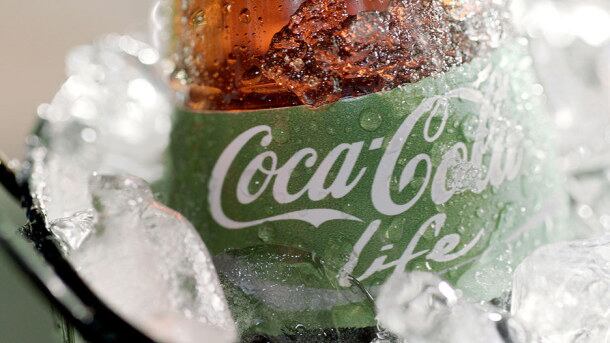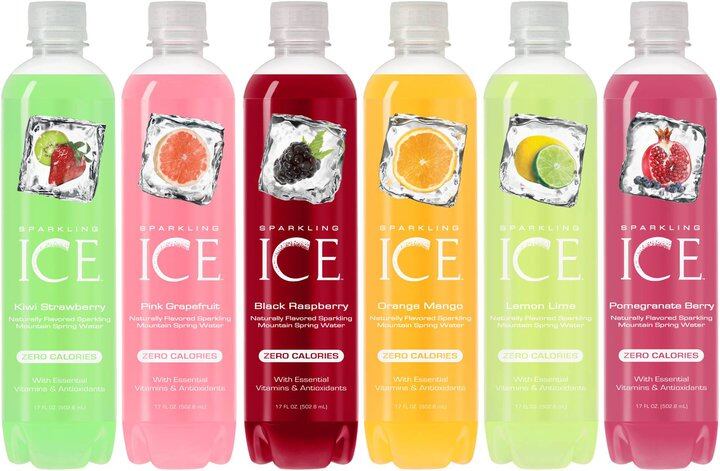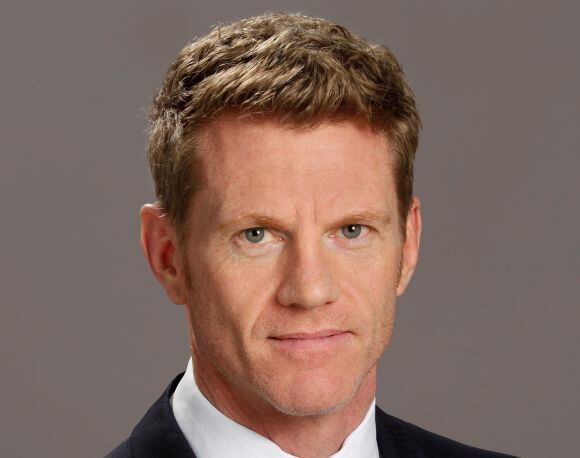Speaking at the FoodNavigator-USA beverage entrepreneurs forum - broadcast live on Wednesday and now available on demand (click HERE to register) - Zevia chief executive Paddy Spence said:
“I think Coke Life is an interesting attempt by Coca-Cola to create something that [will bring] incremental [growth to the category] as it’s not zero calorie, it’s not full calorie, and it might be perceived as better for you.”
The Dr Pepper Snapple ‘TEN’ calorie line doesn’t seem to have really gotten a lot of traction
But in reality, he claimed, what sounds like the best of both worlds could equally prove to be the worst of both worlds: “I think the real challenge is that you’re not really pleasing anyone.
“Full calorie drinkers say, 'Gosh this doesn’t taste like my full calorie soda'; zero calorie drinkers are saying: 'Why would I ever want 60, 80, 100 calories a can?'
“I think that at least speaking with the US market, the challenge has been that consumers have rejected mid-calorie sodas resoundingly. So Pepsi Next, which has 60% less sugar, is quickly going away on US shelves and the Dr Pepper Snapple ‘TEN’ calorie line doesn’t seem to have really gotten a lot of traction.”
But isn’t Coca-Cola Life a somewhat different proposition in that it only contains ‘natural’ sweeteners (sugar and stevia), whereas the others use a combination of sugar and artificial sweeteners in most markets and are not promoting themselves as natural?
We’ll have to wait and see, said Spence, who noted that Coca-Cola had not yet publically talked about its plans for Coca-Cola Life in the key North American market: “Honestly, I think Coke has been quite hesitant about plans for a US launch. They have refused to confirm that Coke Life is even coming to the US market, and if so when.”

Euromonitor: Health is in the eye of the beholder
As for what consumers want from carbonated soft drinks, just thinking about the choices in terms of natural vs artificial or healthy vs unhealthy is too simplistic, noted Euromonitor International beverages analyst Jonas Feliciano.
It’s not so much that US consumers have tired of Coke and Pepsi because they think they are unhealthy or unnatural but because they want something new, he said.
After all, lots of carbonated soft drinks containing ‘artificial’ ingredients are doing very well, from energy drinks to the hugely successful Sparkling ICE, he observed.

“Sparkling ICE, even though it’s in essence very similar in terms of ingredients to a diet soda, it doesn’t feel like a diet soda when you see it… Consumers feel like they are drinking something more natural even if on the ingredients list it is actually not, which goes back to what I was talking about earlier, which is that health is really in the eyes of the consumer.
"And what consumers view as being healthy is a constantly changing equation.”
Similarly, healthy doesn’t necessarily mean no or low calories, he said, just that if calories are in there, they have to count: “If we’re going to consume calories there has to be a reason, whether it’s indulgence, or a functional or health purpose.
“It’s about what my drink does for me… People are looking for beverages that do more than simply hydrate.”
Keurig Cold: The economics are quite challenging
Asked about Keurig Cold - the new home cold carbonation system being developed by Keurig Green Mountain (in which Coke recently took a sizeable stake) - Feliciano said it would all depend on the execution.

“If Coke and Keurig can create the kind of variety that consumers see when they go out to a convenience store or a grocery store, then yes, that could be a disruptor [to the soft drinks category].”
But Spence said he was not convinced that consumers would pay over the odds for K-Cup cold drinks unless the experience or the products were mind-blowing, adding: “I think that the challenge with this whole Keurig Coca-Cola thing is that the price is just not even close to comparable.
“Carbonated soft drinks is one of the most price commoditized categories in packaged goods. A can of Diet Coke or Diet Pepsi on promotion is 20-25 cents and typically a K-Cup is 70 cents so that math works great when you are substituting a $2.50 latte with a 70 cent K-Cup.
“But it doesn’t quite work when you are asking a consumer to pay three times for a serving of soda, so I think that’s an example of where the economics are quite challenging for a consumer to make that switch.”
All-natural’ is an all-encompassing term, and that’s where marketers get into trouble
But what about ‘all-natural’ - the most used and abused phrase in food marketing?
“‘All-natural’ is a very holistic, all-encompassing term, and I think that’s where marketers start to get into trouble,” noted Spence,who doesn’t used this term on his packaging.
However, the fact that Zevia contains plant- and fruit-based sweeteners (stevia and monk fruit) is key to the product’s brand platform, he said.

“If you focus in on the specific functionality of the product, that’s where natural claims become more relevant. So in the case of Zevia, for example, we’re really focused on the sweetener system. It’s about being very clear and transparent about what you are talking about when you say something’s natural.”
However, Howard Ketelson, CEO of new artichoke water brand Arty Water said that ultimately, consumers were looking for the whole package, adding: ”The public is getting more educated and we need to be very cognizant it must be for the totality of the product, not just for one ingredient.”
Click HERE to register for the free-to-attend event in order to watch it on demand.
Click HERE to read more highlights from the forum.
The six panel members were:
1 - PADDY SPENCE - CEO, Zevia
2 - GREG STELTENPOHL - CEO, Califia Farms; founder, Odwalla
3 - HOWARD KETELSON, PHD - CEO, Arty Water (artichoke water)
4 - MELINDA HICKS - CEO, Big Time Tea (Little Me Tea)
5 - PAUL KILBRIDE - VP Sales, Epicurex (COCOZIA)
6 - JONAS FELICIANO - Beverages analyst, Euromonitor International

The forum was sponsored by Sigma-Aldrich, a global life sciences and technology company with a broad portfolio of flavor & fragrance ingredients plus broad nutritional and food safety analytical testing capabilities;

... and DSM, a global science based company with a broad portfolio of health ingredients for the food & beverage and dietary supplements sector from omega-3 fatty acids to green tea, oat beta-glucan, vitamins and carotenoids.
